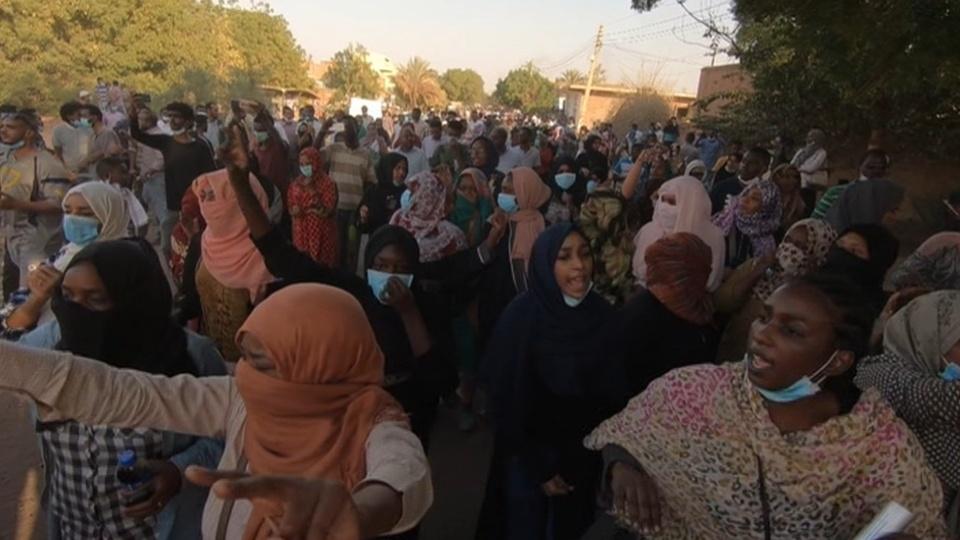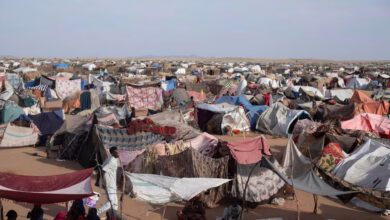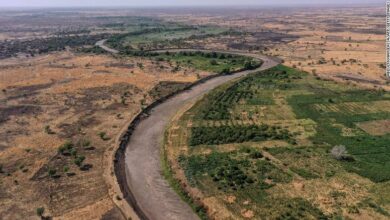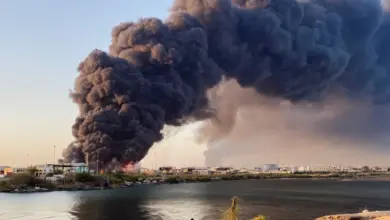
KHARTOUM (Reuters) – The leader of Sudan’s largest opposition party demanded that President Omar al-Bashir’s administration bow to mass protests and step down, in an address to hundreds of party supporters in a mosque near Khartoum on Friday.
After Sadiq al-Mahdi’s remarks at Friday prayers, hundreds of protesters then marched through Omdurman, across the River Nile from the capital, and police fired teargas to try to break up the rally.
Students, activists and other protesters have held almost daily demonstrations across Sudan since Dec. 19, calling for an end to economic hardships and mounting the most sustained challenge to President Omar al-Bashir’s three decades in power.
“The most important demand is that this regime must leave and be replaced by a transitional government,” Mahdi said at Al-Sayed Abd al-Rahman al-Mahdi mosque, which has links to his Umma Party.
The former prime minister expressed support for the protests and condemned security forces’ use of live bullets, saying more than 50 people had been killed since unrest began. The official death toll stands at 30, including two security personnel.
Protesters also gathered in different neighborhoods in Khartoum. South of the capital, hundreds of protesters blocked a main road, chanting “peaceful, peaceful, against the thieves”, drawing tear gas volleys from police, a Reuters witness said.
Bashir has blamed the protests on foreign “agents” and challenged his rivals to seek power through the ballot box. He has shown no sign that he is prepared to concede any power.
Earlier this month, a group of Sudanese political parties signed a petition calling on Bashir to dissolve the government and form a transitional administration that would set a date for elections. Mahdi’s Umma party was not one of the signatories at the time although he has expressed support for the protests and called for a change in government before.
Bashir is wanted by the International Criminal Court over charges, which he denies, of masterminding genocide in the Darfur region. He has been lobbying to be removed from a list of countries, along with Syria, Iran and North Korea, that Washington considers state sponsors of terrorism.
That listing has prevented an influx of investment and financial aid that Sudan was hoping for when the United States lifted sanctions in 2017, according to economists.
Sudan has been rapidly expanding its money supply in an attempt to finance its budget deficit, causing spiraling inflation and a steep decline in the value of its currency.
Reporting by Khalid Abdelaziz, Writing by Lena Masri, editing by Andrew Heavens, William Maclean




